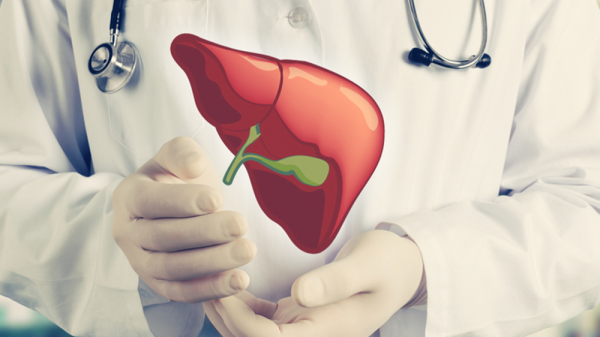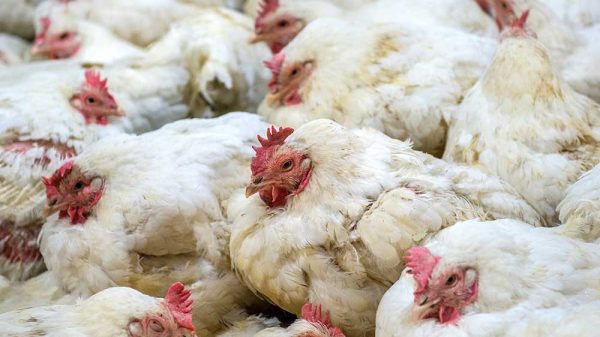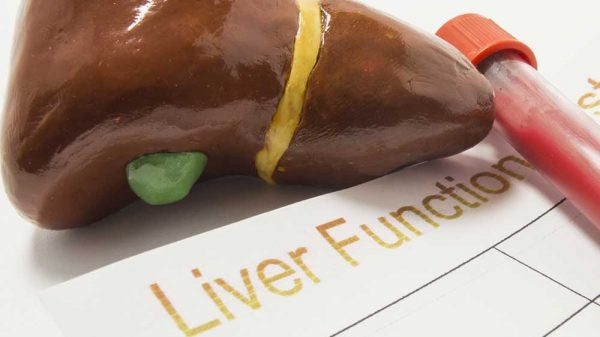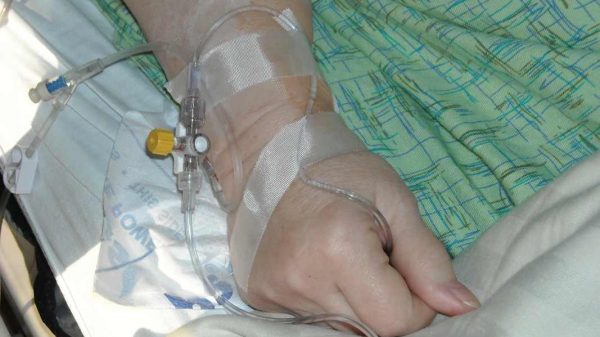How much do you know about ascites meaning? This condition involves fluid buildup in the abdomen. The condition can happen in days or weeks. This condition causes various symptoms including fullness, tiredness, nausea, and breathlessness. If you have these symptoms you should get it checked out. There’s a chance you might have ascites. There are various causes of this condition although it’s often linked to liver conditions like liver disease/cirrhosis. Liver cirrhosis, in particular, is a late-stage liver disease so it’s critical to get treatment for this condition as soon as possible. While this is a serious condition the progression can be slowed down, which is an important step.
There are different causes of ascites. It’s important to know the main cause of your condition. This condition is often referred to as “beer belly” but it might be unrelated to alcohol consumption. In some cases, it results from drinking alcoholic beverages. However, there are various other causes of this condition that results in fluid buildup in the abdomen. Knowing the cause of ascites can help to provide effective treatment. However, it all starts with getting an exam and tests run to determine whether or not you have this condition. If you’re diagnosed with ascites you can then start getting treatments based on the cause.
What Exactly Is Ascites?
This condition involves a fluid buildup within the stomach. This is actually quite common among patients who have liver cirrhosis, which involves tissue scarring. You can treat this condition by lowering salt intake and taking some water tablets.
This condition is a very common one among liver cirrhosis patients. In fact, around four-fifths of cirrhosis patients get ascites. It results from various events. Cirrhosis involves blood flow through the liver organ getting blocked. This results in an increase in pressure building up in the primary vein that provides blood to the liver from the organs of the digestive system.
When this condition is known as “portal hypertension” happens the kidneys are unable to get rid of enough salt via urine. This results in a fluid buildup within the abdomen, which causes ascites.
When people get ascites they usually experience a big belly and fast weight gain. They also might have various symptoms like breathing problems or leg/ankle swelling. Here are some of the main symptoms caused by this condition:
- Full feeling
- Shortness of breath
- Feeling full/bloated
- Digestion problems
- Hemorrhoids
- Fatigue
- Ankle swelling
- Lower appetite
- Nausea
- Abdominal swelling
- Weight gain
- Vomiting
The condition is diagnosed based on the doctor’s evaluation. This could include a physical examination. He/She might also ask about recent symptoms you’ve had. There are various tests that might be conducted: CT scan, fluid analysis, and ultrasound.
These tests can help to determine whether or not you have ascites. A physician can help to determine whether or not you have ascites based on the findings. The symptoms of ascites can result from other conditions so it’s critical for a doctor to help sort things out.
It’s also important to find out the root cause of the ascites. This can result from serious diseases so you’ll want to know whether or not you have certain major conditions/diseases.
Ascites Meaning: Treatment and Management
1. Antibiotics
This treatment is done if the cause of ascites is a bacterial infection. However, keep in mind that antibiotics don’t work on viruses. In that case, you’ll have to get a different treatment. As always it’s critical to first find out the cause of the ascites. If it’s related to bacteria then antibiotics would be a good option.
2. Surgery
There are various ones available. One involves changing the blood flow to help reduce fluid buildup in the abdomen. This is major surgery so it’s important to talk to your doctor first about whether or not this is the best option.
Another possible surgery is liver transplant. This involves replacing part or all of your diseased liver with a healthy liver. If you get a partial liver from a living donor it’s added to your liver to replace the damaged part.
3. Fluid removal
This procedure involves the doctor using a needle to remove fluid from the abdomen. This can be very effective since it gets rid of the fluid directly from the stomach. The fancy term for this procedure is “therapeutic paracentesis” if you want to impress your friends and family.
4. Diuretics
These are “water pills” that help to increase urination. Your doctor can provide a prescription for you. Increasing urination can help to get rid of extra fluid that’s built up in the abdomen. There are various products on the market your doctor can prescribe you.
5. Low-sodium diet
If you’ve received an ascites diagnosis then it’s important to reduce your salt intake. This is critical because it can cause water retention. When that happens it can worsen the symptoms since the condition is triggered by fluid buildup.
It’s a good idea to maintain a low-sodium diet anyway. That’s because it can result in various other health conditions like high blood pressure. The American Heart Association (AHA) recommends that most adults consume a maximum of 1500mg of sodium per day.
Top Foods/Beverages for Fluid Retention
Low-salt
Make sure to maintain a low-salt diet. This is critical since a high-salt diet can result in fluid retention. That can cause ascites or make your condition worse. When possible try to limit your daily salt intake. A good guideline is consuming less than 1,500mg of the mineral per day. However, you should talk to your doctor so you’ll know how much you should consume per day.
Potassium
This helps to control the sodium in human bodies so it can help to lower water retention. Some good options include spinach, mangoes, bananas, avocados, tomatoes, mushrooms, and sweet potatoes. Many of these foods can be consumed raw, which is healthiest since the nutrients aren’t cooked out.
Fiber
This is another key food to consume if you have ascites and too much fluid retention. Fiber can help to deal with various digestion problems. Some of the best options include beets, whole grains, beans/peas, and celery. These foods are all high-fiber.
Omega-3s
Make sure you’re consuming more omega-3 fatty acids than fried/fatty foods. The problem with fried foods is they contain more omega-6s than the healthier omega-3s. Some of the best options include fatty fish, olive oil, and nuts/seeds. Omega-3s can help with inflammation and swelling.
Water
This is the best fluid you can consume if you’re dealing with fluid retention. This will help you to remain hydrated and reduce bloating. Water is critical for good digestion. This is especially true when it’s added to fiber. This allows the human body to get rid of wastes.
The most direct way to add water to your diet is H2O itself. However, you can also eat high-water foods like:
- Cabbage
- Celery
- Cucumber
- Eggplant
- Lettuce
- Pepper
- Radish
- Tomato
- Zucchini
These are good foods to add to your diet after learning ascites meaning.























